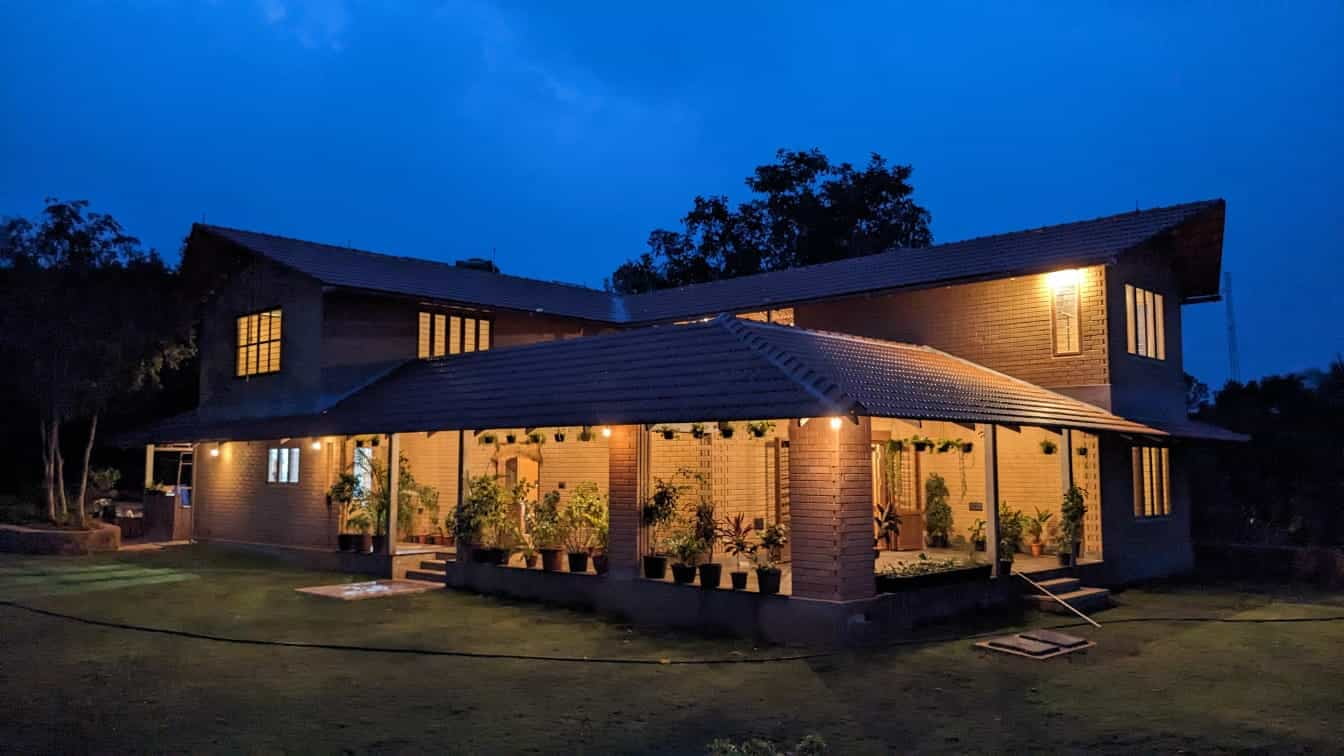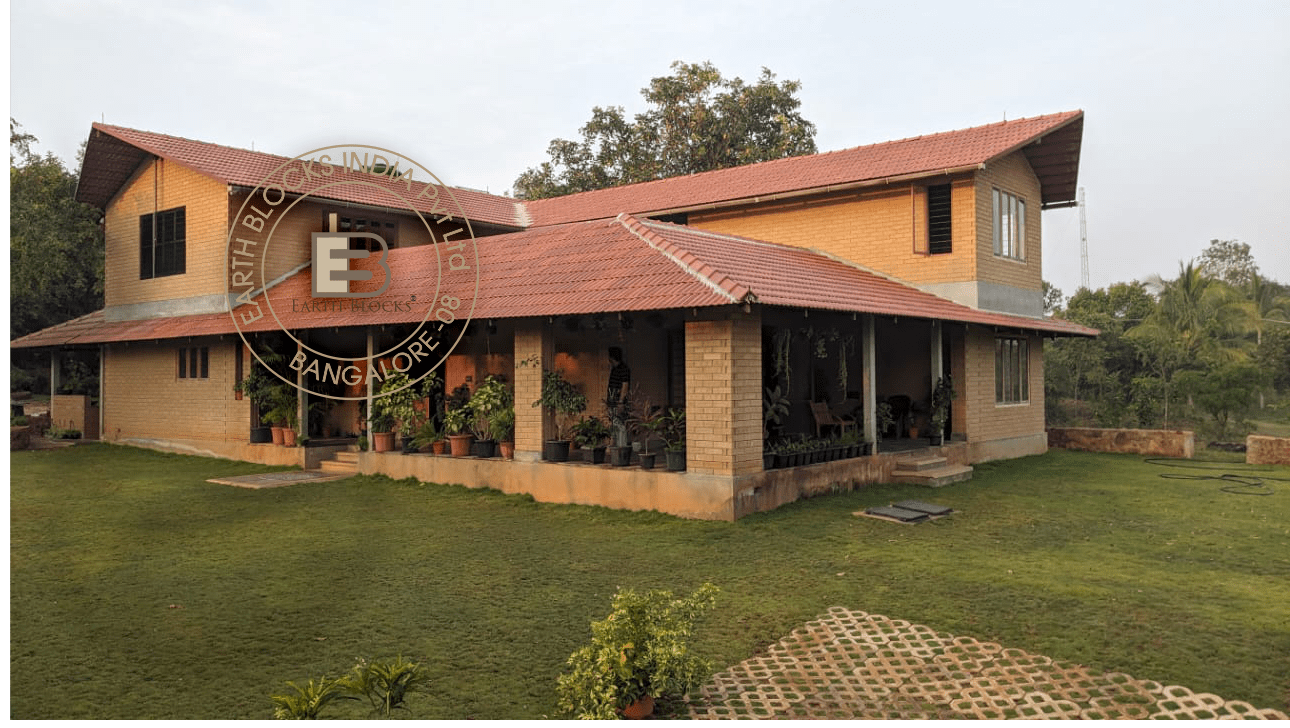India's first factory made CSEB Blocks.
Pioneers in converting soil to CSEB since 2016 - Solutions for a better tomorrow !
India's first factory made CSEB Blocks.
Pioneers in converting soil to CSEB since 2016 - Solutions for a better tomorrow !


Earth Blocks General FAQ's
We source our soil locally, within a 4-8 kilometer radius of our manufacturing facility. Our soil is obtained from construction sites where excavations are being done for apartment basements. By utilizing this soil, we divert it from being sent to landfills, dumped on roadsides, or disposed of in water bodies, reducing waste and promoting sustainability.
Unlike traditional bricks, Earth Blocks are not burnt or fired in kilns. Instead, they are simply cured with water after manufacturing, eliminating the need for burning wood or other materials. This eco-friendly process ensures no deforestation, no air pollution from smoke, and a significantly reduced carbon footprint.
Unlike traditional manual compression methods, Earth Blocks are manufactured using a hydraulic press to ensure superior quality, enhanced durability, and crisp, straight edges. This advanced technology allows for precise control over the block-making process, resulting in consistently high-quality Earth Blocks.
Earth Blocks Appearance, Strength and Durability FAQ's
Earth Blocks may not have a uniform color due to the natural variability of soil. Soil is a complex mixture of minerals and organic matter, which affects its color. Even soil from the same source can exhibit color variations every few feet, making it challenging to achieve uniform-colored Earth Blocks. While the blocks delivered in one lot will have a consistent color, there may be variations in color over a longer duration, as new batches of soil are excavated and processed. Embracing this natural variation can lead to unique and characterful structures that reflect the local terrain.
Earth Blocks are exceptionally strong and outperform the compressive strength requirements outlined in Indian Standard Codes (IS: 1725) for soil-based blocks. In fact, their compressive strength surpasses the standards set for conventional building materials like burnt clay bricks (IS: 1077:1992) and concrete blocks (CMUs - IS: 2185-1:2005). This makes Earth Blocks a reliable and high-quality construction material, exceeding industry benchmarks for strength and durability.
